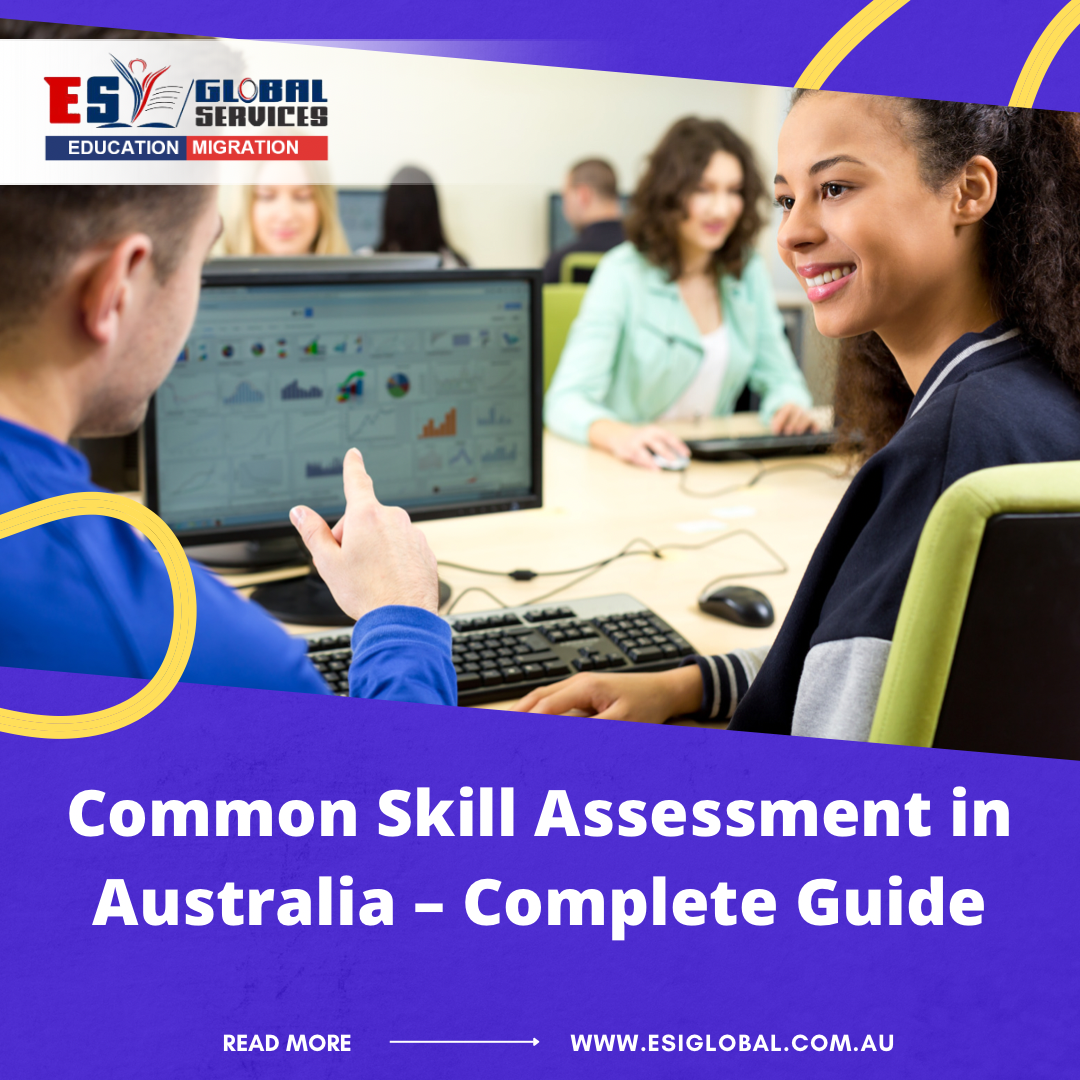Common Skill Assessment in Australia: A Complete Guide

Introduction
In order to evaluate the potential applicants’ talents, skills evaluations are formal, scientific evaluation methods. Skills tests give hiring managers or employers a first-hand understanding of a candidate’s capacity to carry out a certain activity, assisting in removing subjectivity or prejudice from the decision-making process. This procedure makes it simple to evaluate if candidates are prepared for the positions or responsibilities they have applied for.
While managing high-volume hiring, skills assessments are helpful and time-saving tools that evaluate candidates early in the assessment process. This allows recruiters to quickly weed out unqualified candidates from large applicant pools.
Skills assessments are useful for a variety of reasons in addition to being a high-octane, industry-recognized tool, including enabling organizations to objectively assess employees for different roles, assisting them in identifying potential employees who have the leadership chops, identifying employees’ strengths and areas for improvement, and reskilling employees, which is imperative, particularly in the post-COVID-19 world.
“Hiring staff is similar to watching new movies in that one can’t tell how fantastic they’ll be until they actually see them.” By giving them a greater understanding of the skill levels of their potential employees, skills evaluations assist employers in reducing the uncertainty associated with employing personnel, according to Zach Reece, owner and COO at Colony Roofers.
Tests for evaluating skills are very valuable to employers. In particular, even though a candidate’s résumé may indicate otherwise, they can provide crucial insight into the recruiting process by weeding out those who may be inadequately suited for a position. But in addition to confirming applicants’ statements, it can also spot workers who might be better suited for a different position or a promotion.
Companies utilize skills assessment exams in the following additional ways:
Improve employee understanding and development in ways that support their long-term objectives and goals. Identifying areas where the organization is successful or suffering and offering information on regions or departments that may require additional training. To give a comparison of the organization’s skills and abilities to regional or industry norms.
As we previously indicated, even though skills assessment exams are used for a variety of purposes, they are typically given prior to employment. The following are a few of the classifications for evaluation tests used during the employment process:
- Hard skills evaluation:
These examinations are designed to evaluate a person’s proficiency in a particular subject, such as math, typing, or software development. The outcomes of hard skills testing offer useful insight into candidates’ competence when completing regularly performed work tasks.
- Workplace sample test:
Work sample tests, sometimes known as “realistic job previews,” are intended to simulate specific tasks that individuals are anticipated to complete in their roles. Examples include situational judgment tests, case study presentations, and technical coding examinations. Due to how closely they resemble the actual duties associated with employment, the findings of these tests are typically reflective of a candidate’s actual job performance.
- A test of cognitive capacity:
Cognitive ability tests evaluate candidates’ performance in more unexpected contexts, in contrast to work sample examinations that gauge candidates’ performance in typical, expected conditions. They achieve this by assessing a person’s capacity for abstract thought when applying verbal and numerical thinking abilities. These days, cognitive ability is frequently assessed via games. Compared to more conventional cognitive skills exams, the format is more user-friendly for candidates, and the procedure is frequently significantly quicker.
- A test of personality:
When selecting someone for a position that calls for a particular manner, personality tests are a very useful tool since they can identify specific parts of a candidate’s personality. For instance, a person who is highly outgoing might be ideal for a job that requires a lot of customer interaction, like sales.
- The method for interviews:
Interviews, when conducted well, may be an excellent opportunity to evaluate a candidate’s hard and soft talents. Interviews are adaptable and frequently used either alone or in conjunction with other assessment modalities. An interview falls into one of two categories:
Structured
Structured interviews offer a consistent interview procedure for all candidates by posing the same, predefined questions in a specific order. This preserves neutrality, lessens biases, and generates consistent statistics that might be helpful when a company seeks to select people based only on their merit. Behavioral interviewing techniques are frequently used in this kind of interview.
Unstructured
An unstructured interview, often known as a non-directive interview, is actually the exact opposite of a structured interview. This kind of interview focuses on developing a relationship and rapport between the candidate and their interviewer rather than asking prepared and prearranged questions. In fact, this kind of interview is frequently filmed so that the responses can be reviewed at a later time, letting the interviewer fully concentrate on the conversation. Even if the name may be deceptive, an unstructured interview is nonetheless meticulously planned.
An Australian skills assessment’s goal is to determine the migrant’s talents and evaluate them in comparison to the Australian standard. The Australian government wants talented English-speaking immigrants. A requirement of the visa application process is a skills evaluation.
If anyone wants to immigrate to Australia as a skilled worker and needs expert guidance, ESI is here to help. We provide comprehensive solutions to the candidates and support them throughout the entire process thanks to our extensive experience in the fields of education and migration advice.





